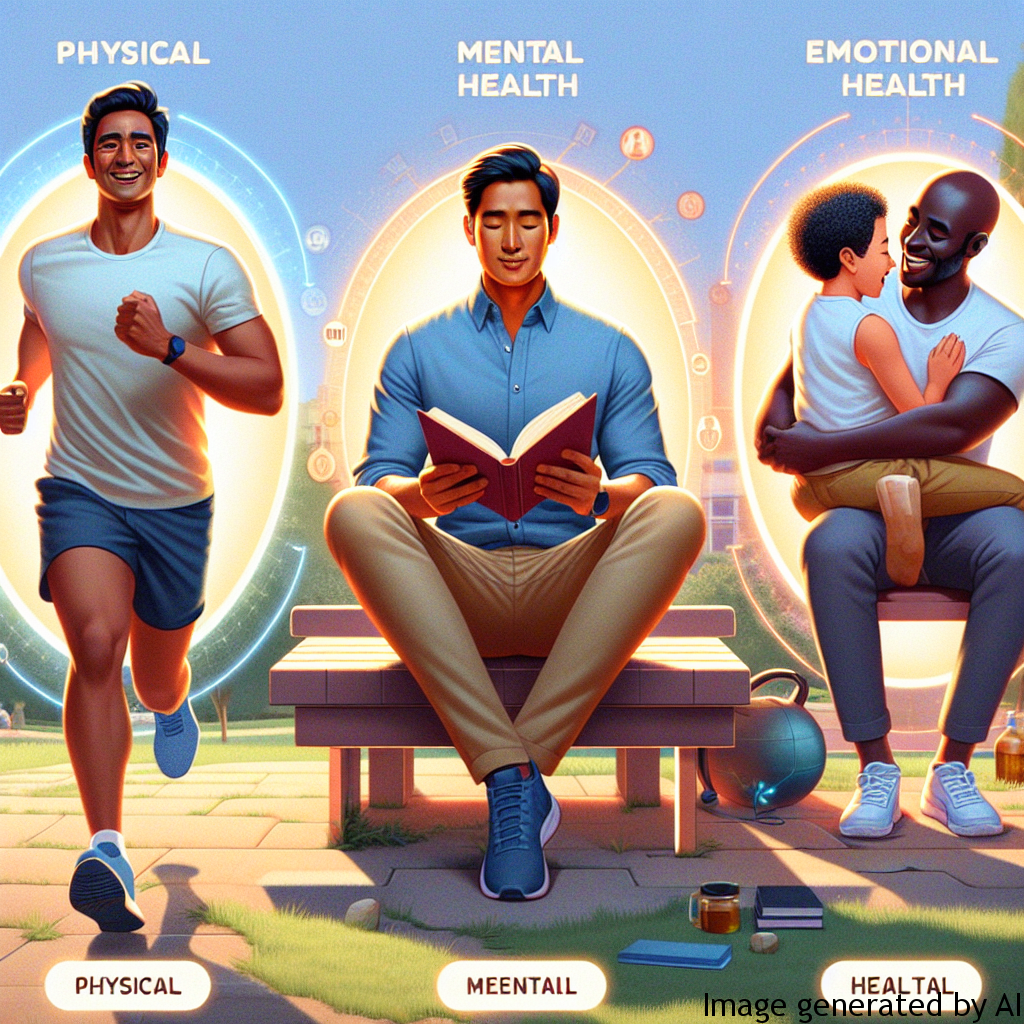Introduction
Aging is a natural process that impacts all aspects of human life, including sexual health. As individuals age, the importance of sexual health remains pertinent – marking a cornerstone for personal satisfaction, intimacy, and overall well-being. However, societal gender expectations can influence how men perceive and experience their sexual health as they age. This can potentially lead to detrimental effects on their psychological health. Hence, it becomes necessary to understand these gender roles, their implications, and how they can be managed for improved psychological health.
Description of Gender Expectations and Their Implication on Men’s Psychological Health
Understanding Gender Expectations
Gender expectations refer to socially constructed roles, behaviors, and attributes deemed appropriate for men and women in society. For men, these roles often evoke the notion of virility – a context that can significantly interpret aging and sexual health.
Impact on Psychological Health
Sexual dysfunctions and changes related to aging can result in distress for men, owing largely to societal expectations that equate masculinity with sexual prowess. Feelings of inadequacy and embarrassment can escalate, leading to adverse psychological repercussions such as stress, depression, and low self-esteem. Furthermore, the perceived lack of virility can influence men’s feelings of masculinity and self-worth, potentially straining their relationships and lifestyle. Hence, it becomes essential to address these implications and foster a healthier understanding and approach to sexual health and aging.
Examples of How Gender Roles Can Impact Men’s Lives
As men age, a decrease in sexual function and libido is often viewed as a loss of manhood due to rigid societal constructs. This can manifest in their lives in several ways. Men might withdraw from intimate relationships, fearing rejection or ridicule. An enhanced focus on performance can lead to anxiety, further exacerbating the situation. Furthermore, they might hesitate to seek medical help for their issues, projecting the stereotypical ‘tough male’ persona that dismisses personal problems.
Tips for Improving Psychological Health Considering Gender Roles
Improving psychological health in the context of aging and sexual health necessitates a shift in personal and societal perspectives. Here are some suggestions:
- Open Conversations: Encourage men to express their concerns about aging and sexual health. This can help them overcome feelings of inadequacy or embarrassment, fostering healthier relationships.
- Professional Guidance: Encourage men to discard the stigma attached to seeking professional help. Doctors, therapists, and counselors can provide helpful insights and therapeutic interventions.
- Vulnerability and Empathy: Encourage men to embrace their vulnerability. This can humanize the experiences and feelings associated with aging, breaking the cycle of the ‘tough male’ stereotype.
- Lifestyle Modifications: Encourage men to adopt a healthier lifestyle – balanced diet, regular exercise, adequate sleep – that can improve overall health, including sexual health.
Conclusion
Aging and sexual health are realities to embrace – detached from societal constructs of gender roles. With empathy, understanding, and professional guidance, men can navigate through these aspects maintaining their psychological well-being. After all, mindsets can age, but the fundamental essence of being human – with vulnerabilities and strength – remains timeless.

